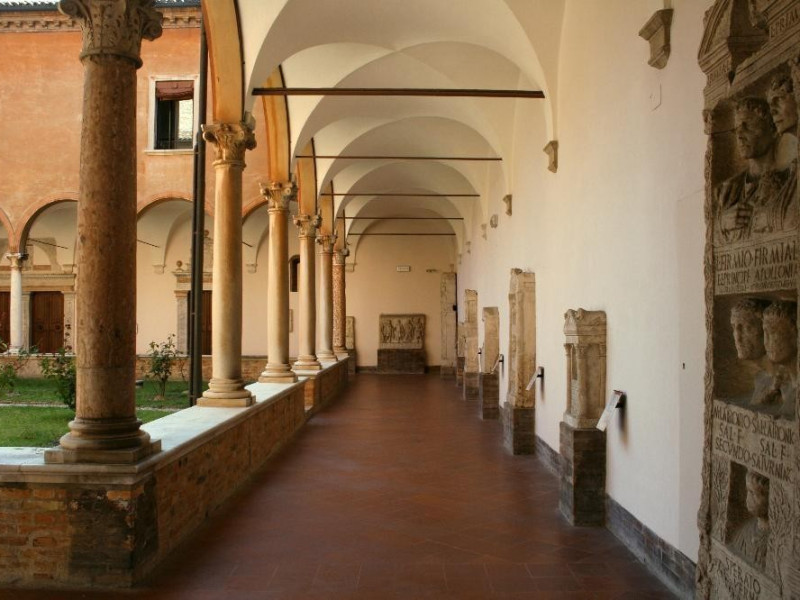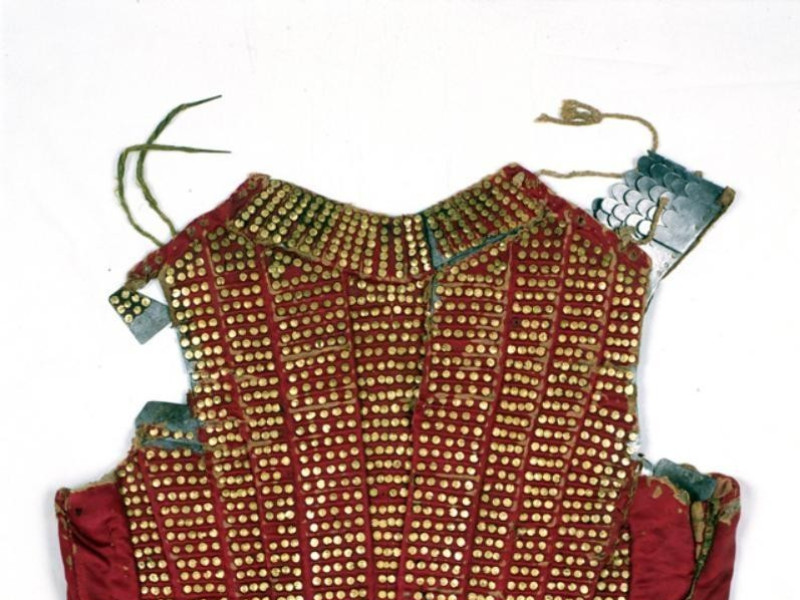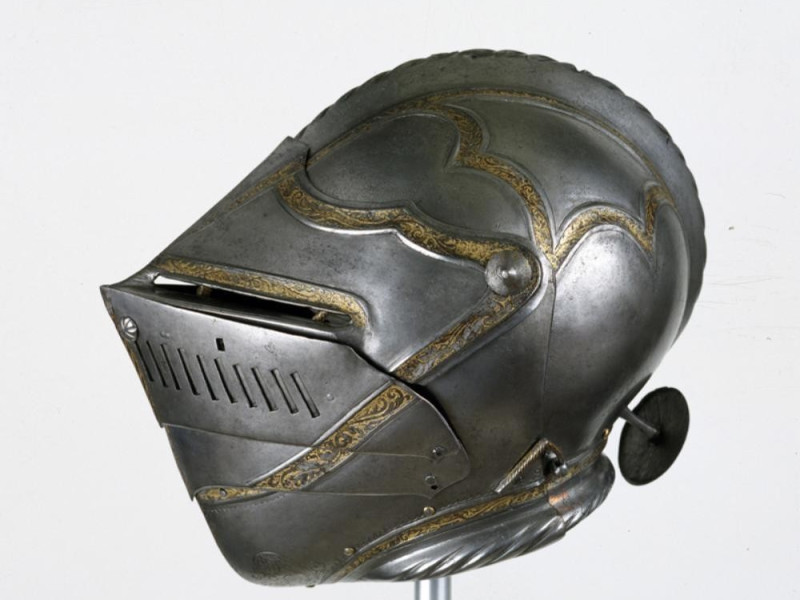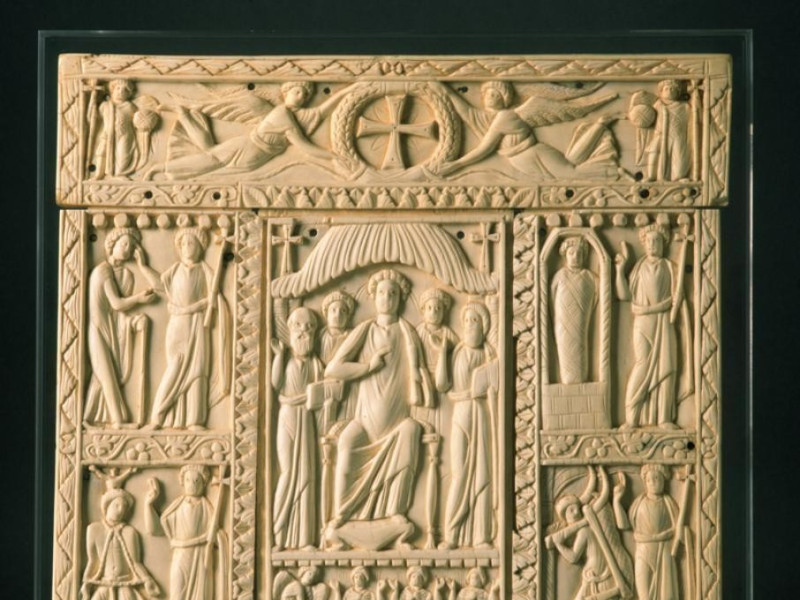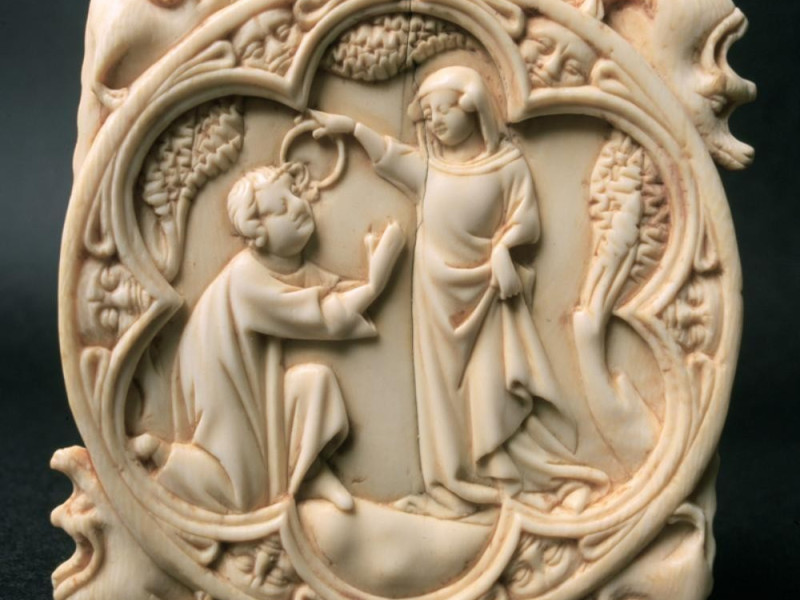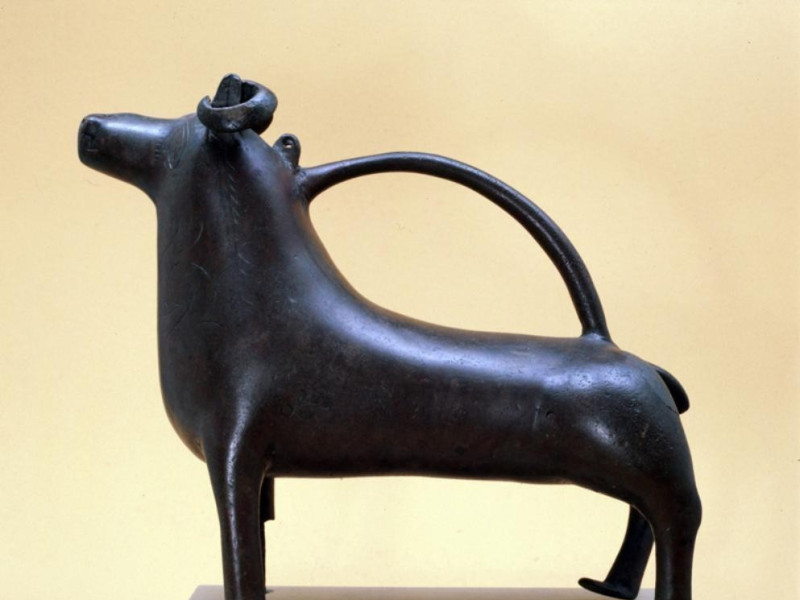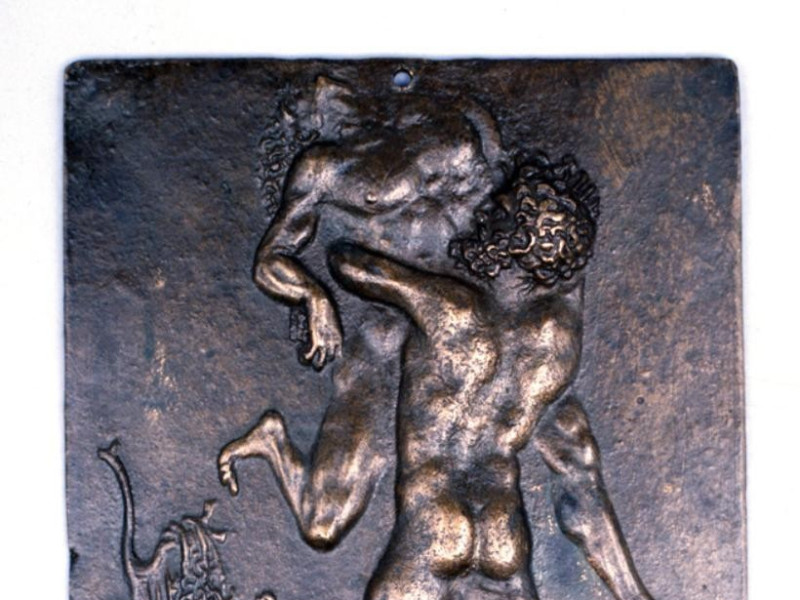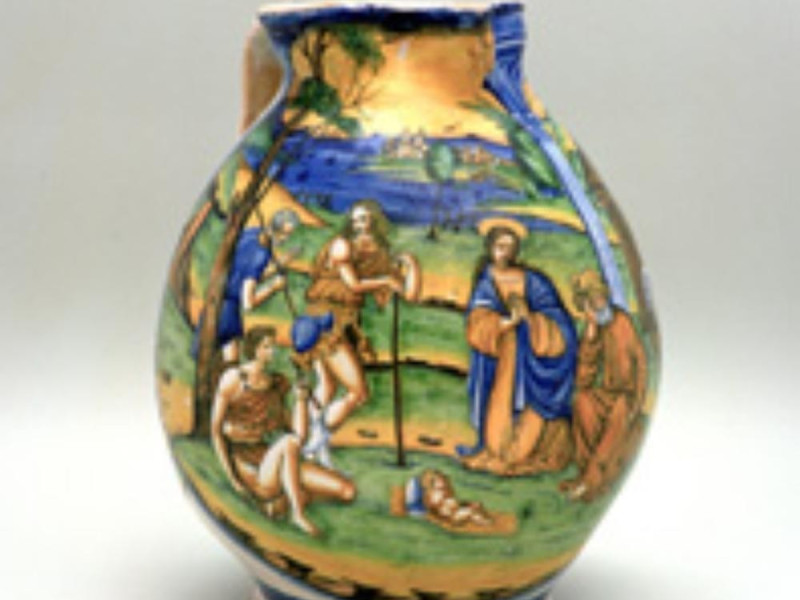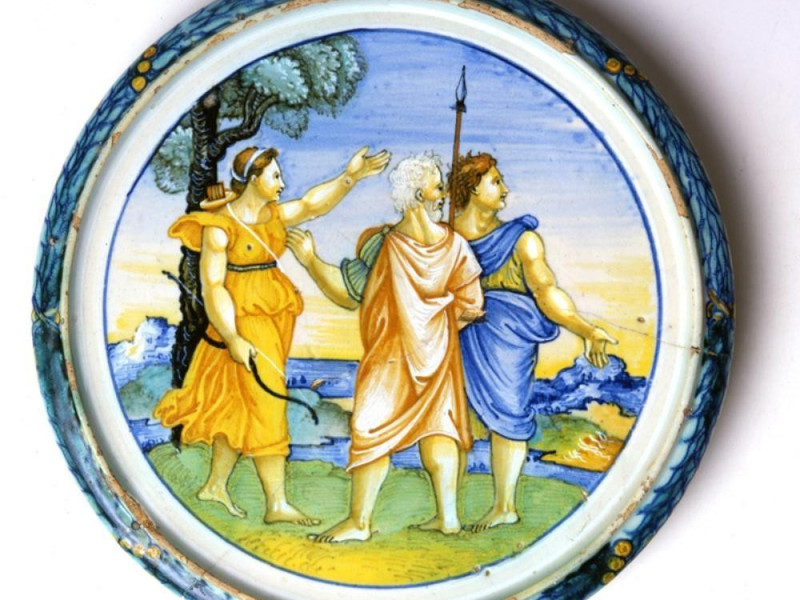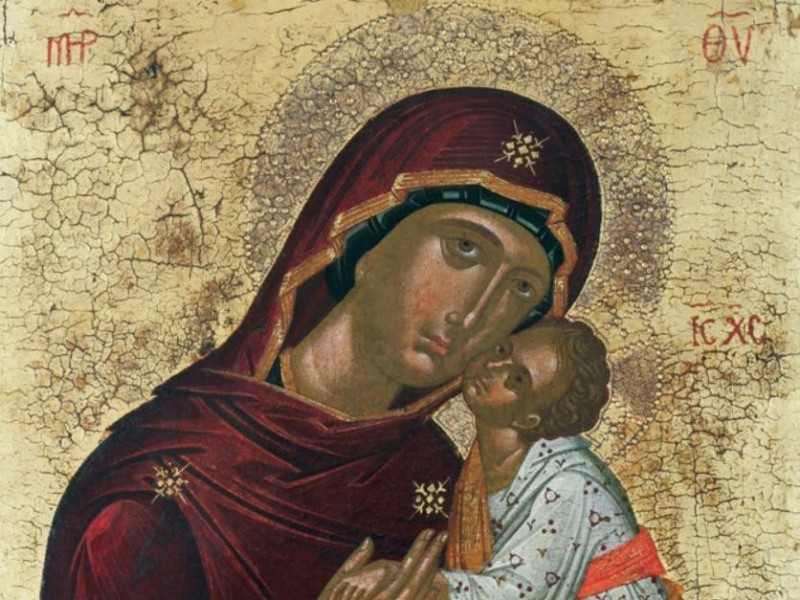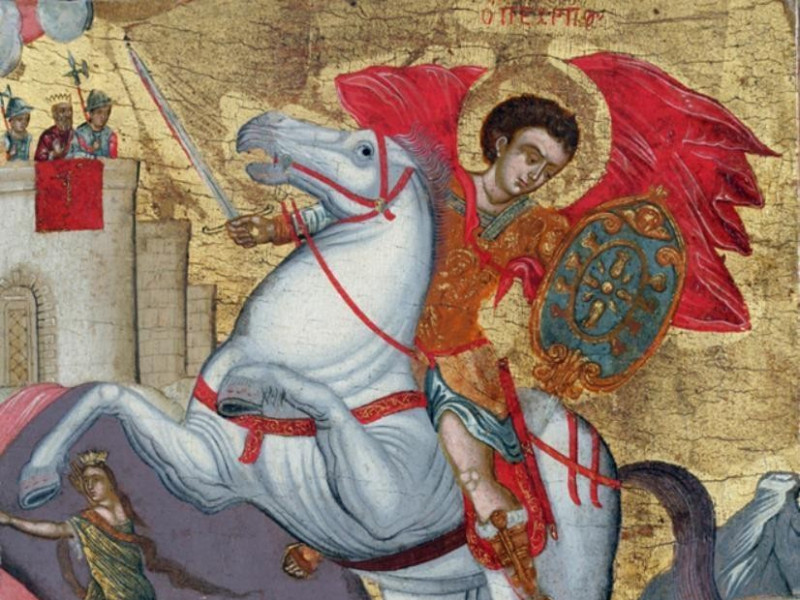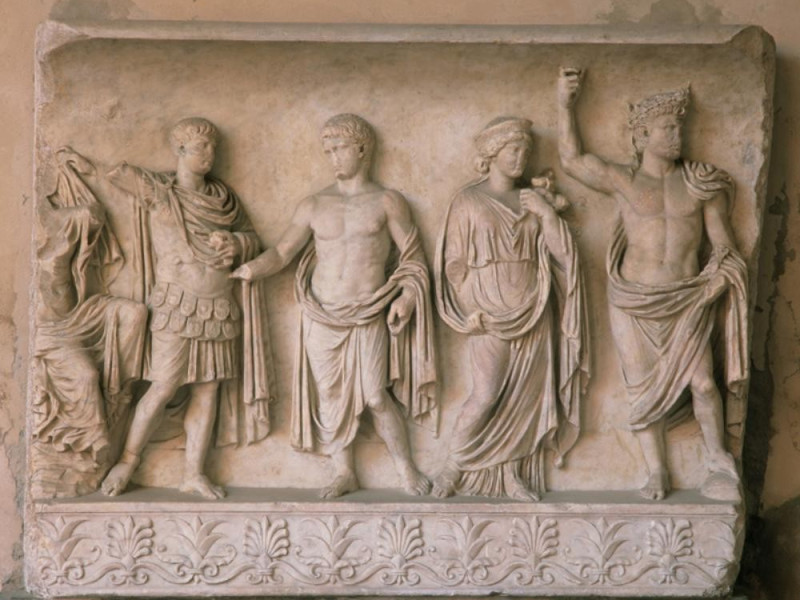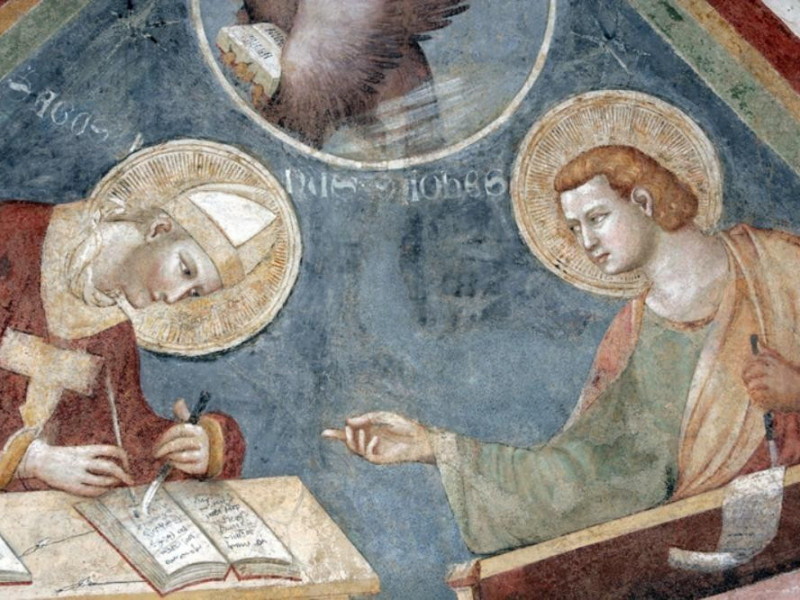Luogo - Museum
Museo nazionale di Ravenna
Where
Via San Vitale, 17, Ravenna
The National Museum of Ravenna, established in
1885, was housed in the prestigious setting of the former Benedictine
Monastery of San Vitale, in the early twentieth century. The original
component of the museum consisted of the collections made during the
eighteenth century, by the Camaldolese Monks, and were also enriched
through donations, acquisitions, discoveries and excavations. The museum
currently appears to have a set of heterogeneous collections, divided
into three main groups: Lapidary, finds from excavations and collections
of art. The Lapidary which is located mostly along the path of the two
cloisters of the monastery and consists of an interesting collection of
epitaphs and tombstones and stone artifacts from Roman, early Christian,
Byzantine, Romanesque, Gothic, Renaissance and Baroque. In the upper
floors are the archeological materials and mosaics from the area
surrounding area of Ravenna and the collection of so-called minor arts.
Also part of the collection are bronze plaques, ivory, symbols, weapons
and armor as well as ceramics. In addition, the museum also houses the
important fourteenth-century frescoes taken from the ancient church of
Santa Chiara in Ravenna done by Pietro da Rimini.
